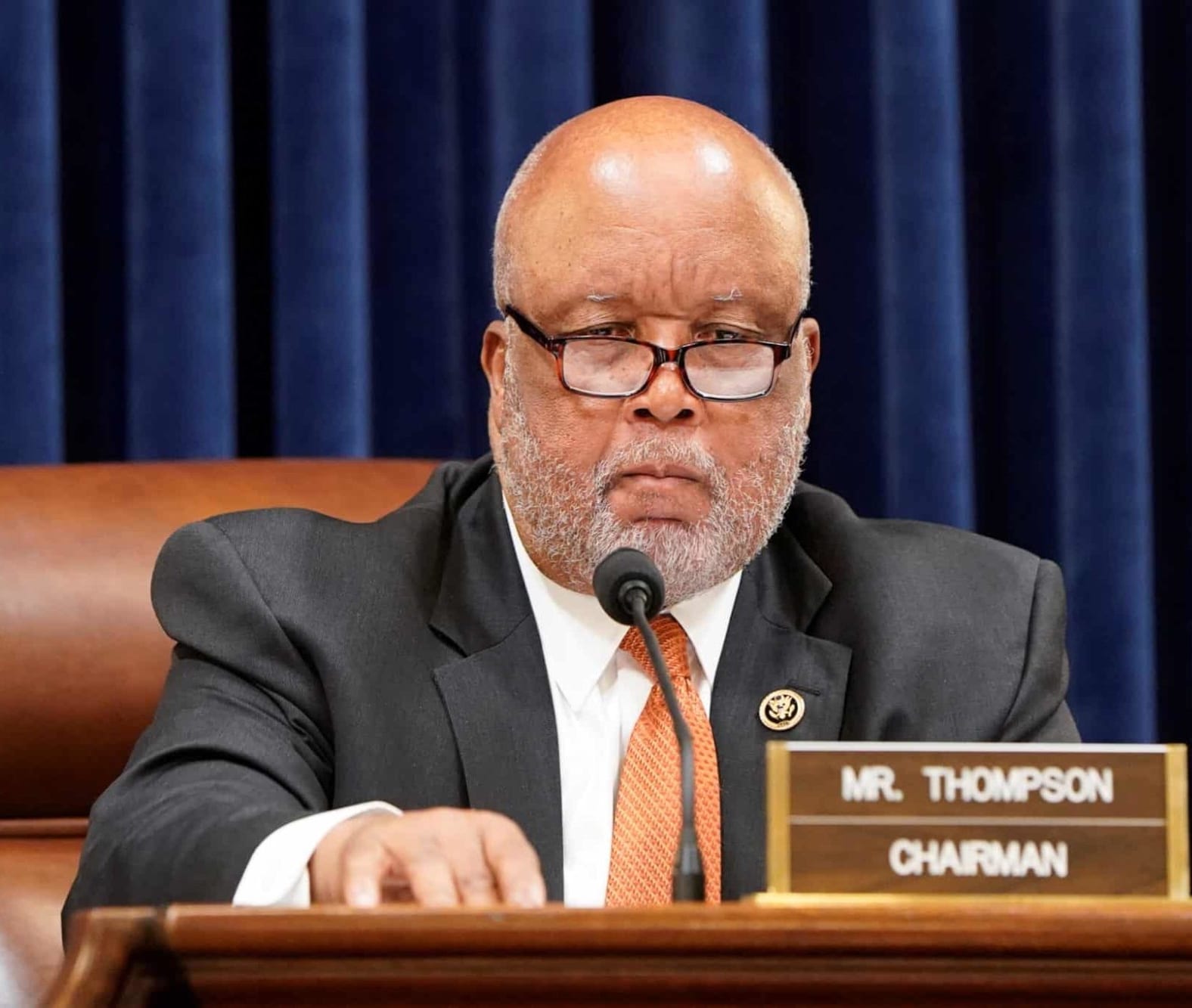
A bill that would require the Mississippi High School Activities Association to comply with the state’s Open Meetings law in order to receive funds was taken up in the Senate on Wednesday. A seemingly uncontroversial bill was instantly ignited with one amendment.
As Senators discussed SB 2351, an amendment was offered by Sen. Angela Hill and co-authored by Sen. Chris McDaniel and Sen. Melanie Sojourner. The amendment included provisions that any public school should not join and pay membership dues for any association or statewide athletic or extracurricular organization that allows a biological male to compete against a biological female. This determination is made by what the DNA of the individual was at birth.
Sen. Hill also authored a bill that died in committee entitled the Mississippi Fairness Act SB 2240 that would require any public school or Institution of Higher Learning to designate athletic teams according to the biological sex of an individual. When the Senate bill and the companion House bill (HB 1391) didn’t survive committee deadline day, Hill said she saw an opportunity to insert the language and took it.
“What we see happening across the country and even the Olympics and it is spreading like wildfire where biological males are coming into female only sporting events and dominating and keeping the females from not only winning trophies but being able to get scholarships,” Hill said.
The bill was passed in the Senate by a vote of 32-15. It was then held on a motion to reconsider.
Recently in Connecticut there was a lawsuit filed by the families of three female high school runners who were seeking to block transgendered athletes from participating in the girl’s sport.
According to a TIME article, Selina Soule, Chelsea Mitchell and Alanna Smith argue that allowing athletes with male anatomy to compete has taken the ability away from them to receive track titles and scholarship opportunities.
“Mentally and physically, we know the outcome before the race even starts,” Smith told TIME. She is also the daughter of a former Major League pitcher Lee Smith. “That biological unfairness doesn’t go away because of what someone believes about gender identity. All girls deserve the chance to compete on a level playing field.”
The lawsuit centers on two transgendered athletes, sprinters Terry Miller and Andraya Yearwood. These two individuals combined for 15 wins in girls state indoor and outdoor championship races since 2017.
The action was filed against the Connecticut Association of Schools, Connecticut Interscholastic Athletic Conference and the boards of education in Bloomfeild, Cromwell, Glastonbury, Canton and Danbury, areas where the girls attend school.
Defendants in the case say their policy follows a state anti-discrimination law that outlines all students must be treated in school by the gender in which they identify. The association says this policy falls in line with both state and federal law.
Since 2019, Connecticut is one of 17 states that allows transgender high school athletes to compete without restriction. Other states with similar laws include Arizona, California, Colorado, Connecticut, Florida, and Minnesota.
Mississippi’s MHSAA currently has no policy on the books for how to handle transgender athletic participation. The closest bill to address it was the passage of HB 1523 in the 2016 Legislative Session. This now law allows for the enforcement of gender specific policies for employee or student dress. It focused on access to restrooms, showers, dressing rooms or locker rooms based on the gender indicated on your birth certificate.
“It’s just a matter of fairness and it is something that is extremely important to the people of the state,” Sen. Hill said. “I think it is better to be proactive than reactive.”











